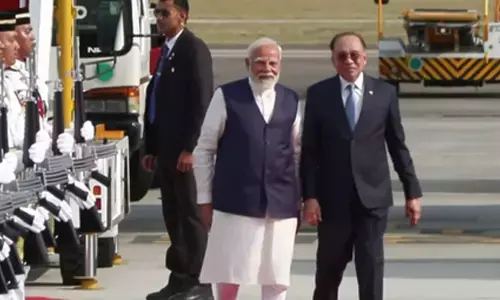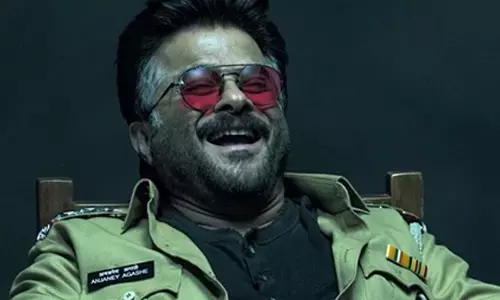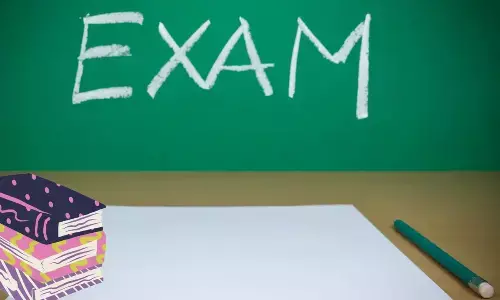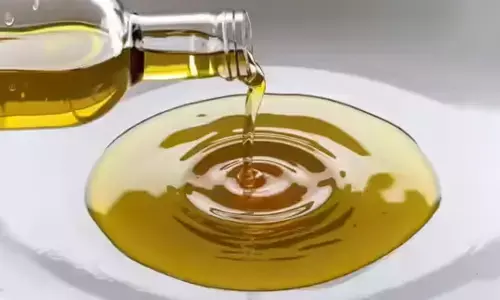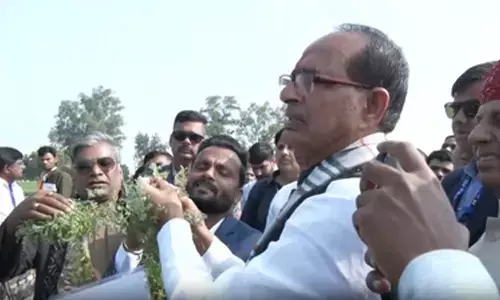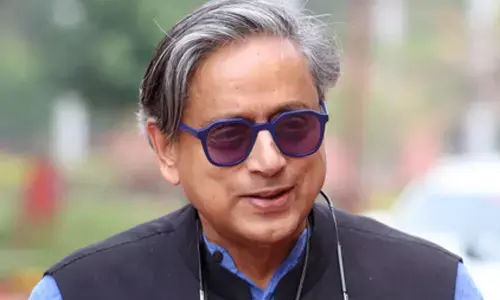Parents plead for euthanasia: SC ensures govt-supported medical care for 'dead'
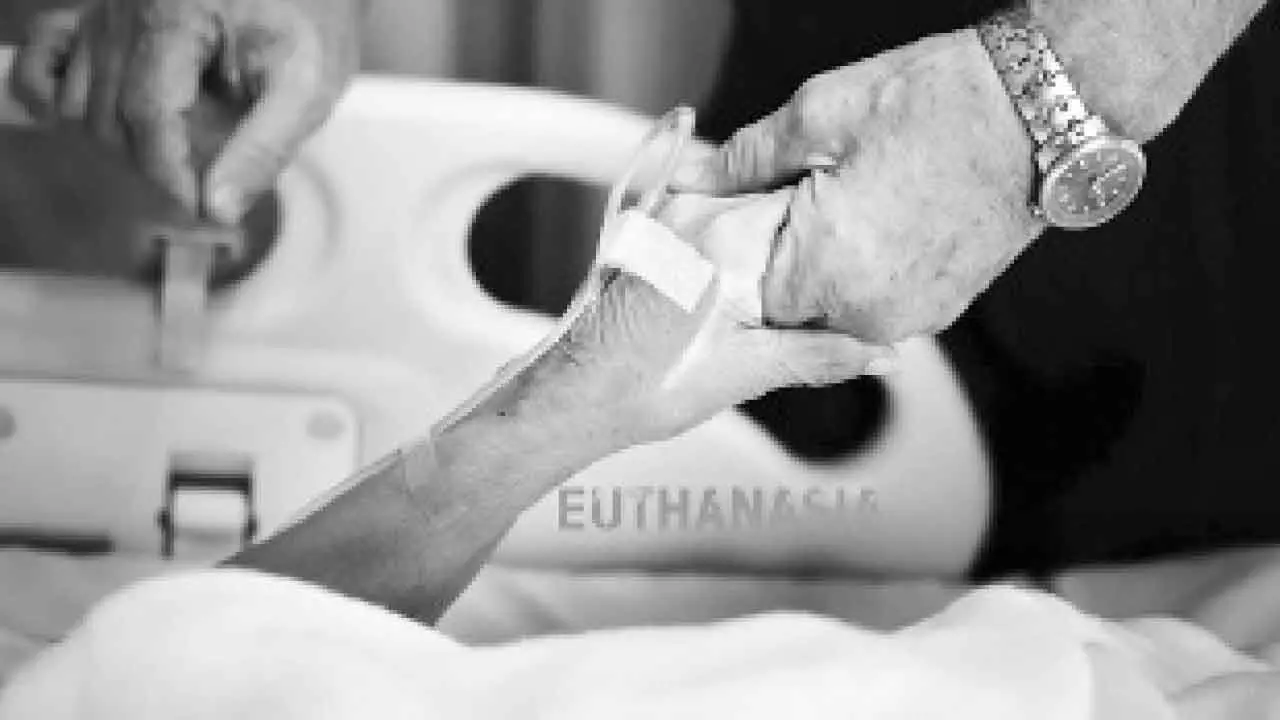
The parents, who had slipped into poverty due to the expenses being incurred during the prolonged treatment and care of their son Harish Rana and are unable to sustain it any more
New Delhi: The Supreme Court has come to the help of the distraught parents of a 30-year-old man, who has been in a permanent vegetative state for over 11 years following a severe head injury, by ensuring government-supported medical care and assistance for him.
The parents, who had slipped into poverty due to the expenses being incurred during the prolonged treatment and care of their son Harish Rana and were unable to sustain it any more, had moved the top court against a Delhi High Court order refusing them a nod for passive euthanasia for their son.
In an order passed on his last working day, Chief Justice D Y Chandrachud perused a report of the Union Ministry of Health and Family Welfare and approved its plan to provide medical and other care to the bed-ridden Rana. Justice Chandrachud-led bench had said it was not the case of passive euthanasia as he was not on a ventilator or other mechanical support to sustain life and rather, was being fed through a food pipe.
Instead of allowing passive euthanasia, which is not permissible in this case, it would explore the possibility of shifting him to a government hospital or a similar place for treatment and care, it had said. Passive euthanasia is the intentional act of letting a patient die by withholding or withdrawing life support or treatment necessary for maintaining life. The apex court had agreed with the findings of the high court, which refused to constitute a medical board to consider the parents' plea that their son be allowed to undergo passive euthanasia.
On August 20, the bench issued a notice to the Centre to explore alternative solutions for his care and this was followed by a status report submitted by the Ministry of Health and Family Welfare, detailing three care options for Rana. The ministry, in the report filed on November 8, said, “Consequent upon all the efforts made by the central government in compliance with the instructions given by the Supreme Court on 20 August 2024, the following viable solutions have emerged for consideration …: “(i) Home care of Shri Harish Rana with assistance from the Government of Uttar Pradesh as under: a. Regular Physiotherapist's visit; b. Regular Dietician's visit; c. Medical Officer on call d. Nursing care provision at home e. Availability of all required medicines and consumables free of cost.”
"If home care is not feasible, shifting of Rana to District Hospital, Noida, Sector-39 for ensuring availability of proper medical care considering his health condition, the ministry said, adding support from NGOs, if deemed fit, may also be considered.” The parents of Rana agreed to the government's report.








